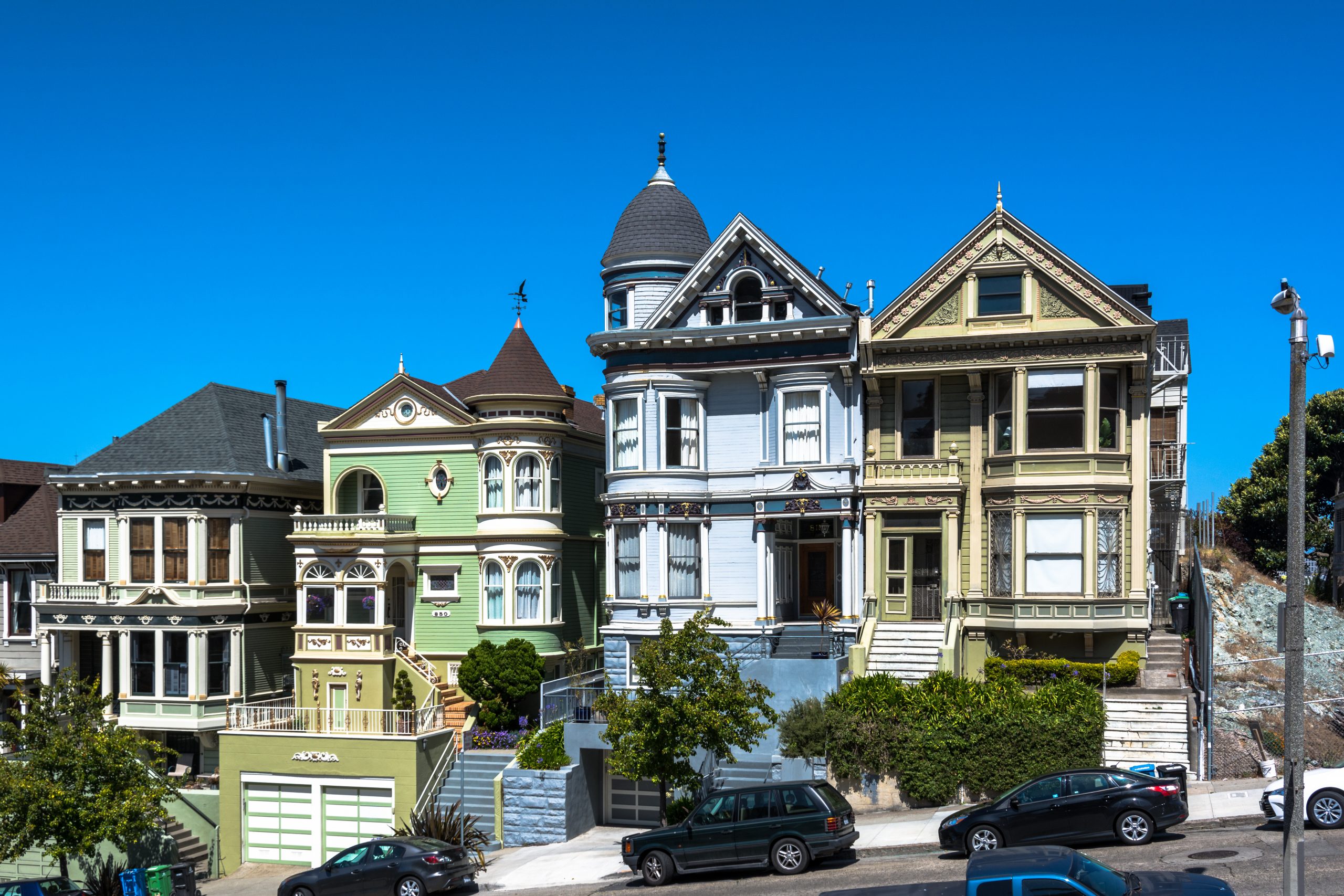On September 23, 2021, the Planning Commission unanimously voted to disapprove Supervisor Mandelman’s updated proposed large residence legislation after a robust conversation on the potential sweeping effects it could have on homeowners throughout San Francisco. As we have discussed in prior updates on July 29th and March 31st of this year, the large residence legislation was originally introduced to discourage large residential homes over 2,500 square feet by generally requiring a conditional use authorization for any such new home, with some exceptions. The Planning Commission, in its disapproval, provided seven recommendations to significantly change the legislation ahead of its move to the Board of Supervisors.
The seven recommendations and some of the reasoning discussed by commissioners include:
- The legislation should focus on Noe Valley only. The legislation was designed with three particular neighborhoods in mind that are disproportionately affected by construction of large homes: Noe Valley, Dolores Heights, and Glen Park. As the legislation stands, the Planning Commission viewed the scope too broad with massive potential unforeseen effects if enacted citywide as proposed. The Planning Commission was supportive of testing modified regulations in Noe Valley before enacting broader legislation.
- Much more community outreach and input is needed in the particular areas of concern that would be affected by the legislation. Given the potential broad effects of the legislation, the City needs to make sure that it creates opportunities and spaces to hear from affected homeowners or future homeowners.
- The effective date of the legislation should be changed to the date of enactment with no grandfathering. Though the legislation has yet to take a clear form, the effective date of the current legislation is the date it was introduced, with only people who submitted applications earlier this year grandfathered from the effects.
- Appropriate limitations for home sizes should be form based rather than formula based. The formulas created to measure whether a home qualifies as a “monster home” seem arbitrary. Commissioners discussed alternatives, such as height limits, that have effectively limited home sizes.
- Tenant issues should be explored to ensure no tenants will be displaced or negatively affected by the legislation.
- The legislation should be crafted to ensure that areas within an existing home can be finished without running afoul of the legislation. As the legislation stands, a person could violate the legislation simply by making an area within the home’s existing envelope livable space. Commissioners were concerned with the legislation’s potential unintended effect of discouraging homeowners from making use of unfinished space within homes that are not considered “monster homes.”
- The legislation should find ways to encourage density. The current legislation discourages large homes through adding process. However, adding provisions to encourage density would help the City achieve more housing.
In addition to the seven recommendations, commissioners also noted several additional concerns including: life safety issues, lack of demolition discussion in the legislation, large ADU sizing requirements in the legislation, lack of design standards, and what should qualify as a monster home. Ultimately, some Planning Commissioners expressed hope, that with much more work, the legislation could be a starting point for future housing regulation in the City.
Authored by Reuben, Junius & Rose, LLP Attorney Kaitlin Sheber.
The issues discussed in this update are not intended to be legal advice and no attorney-client relationship is established with the recipient. Readers should consult with legal counsel before relying on any of the information contained herein. Reuben, Junius & Rose, LLP is a full service real estate law firm. We specialize in land use, development and entitlement law. We also provide a wide range of transactional services, including leasing, acquisitions and sales, formation of limited liability companies and other entities, lending/workout assistance, subdivision and condominium work.


